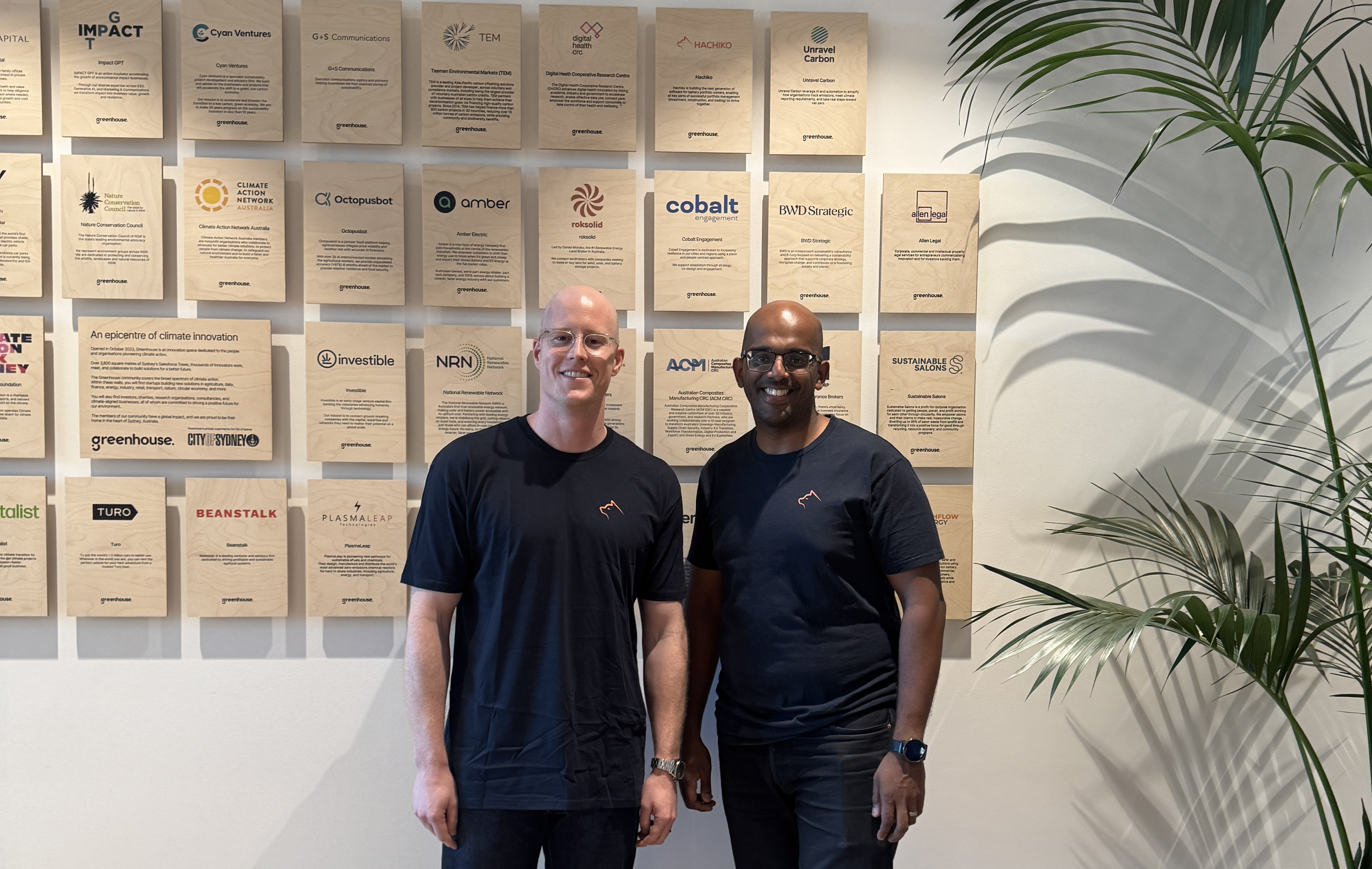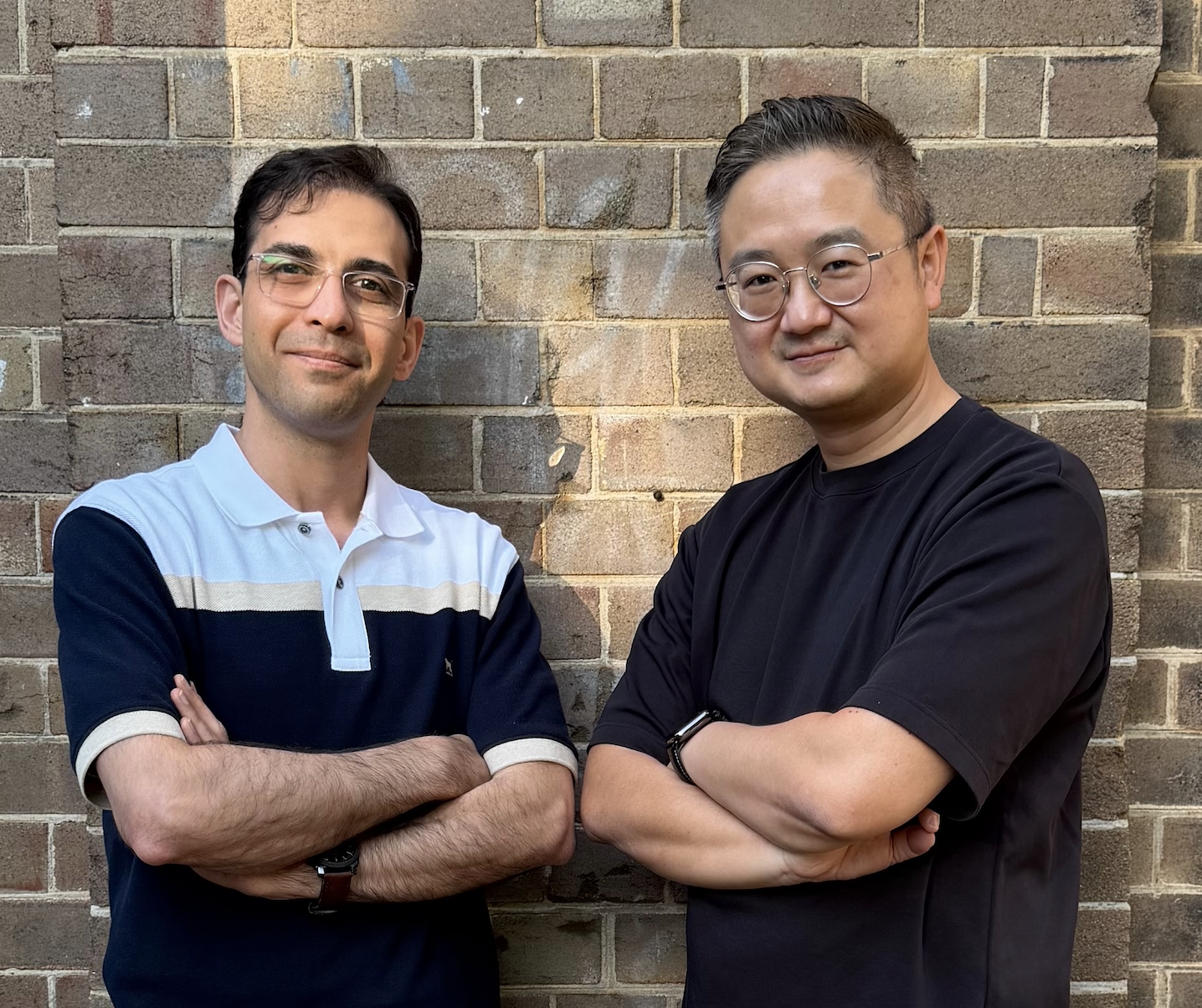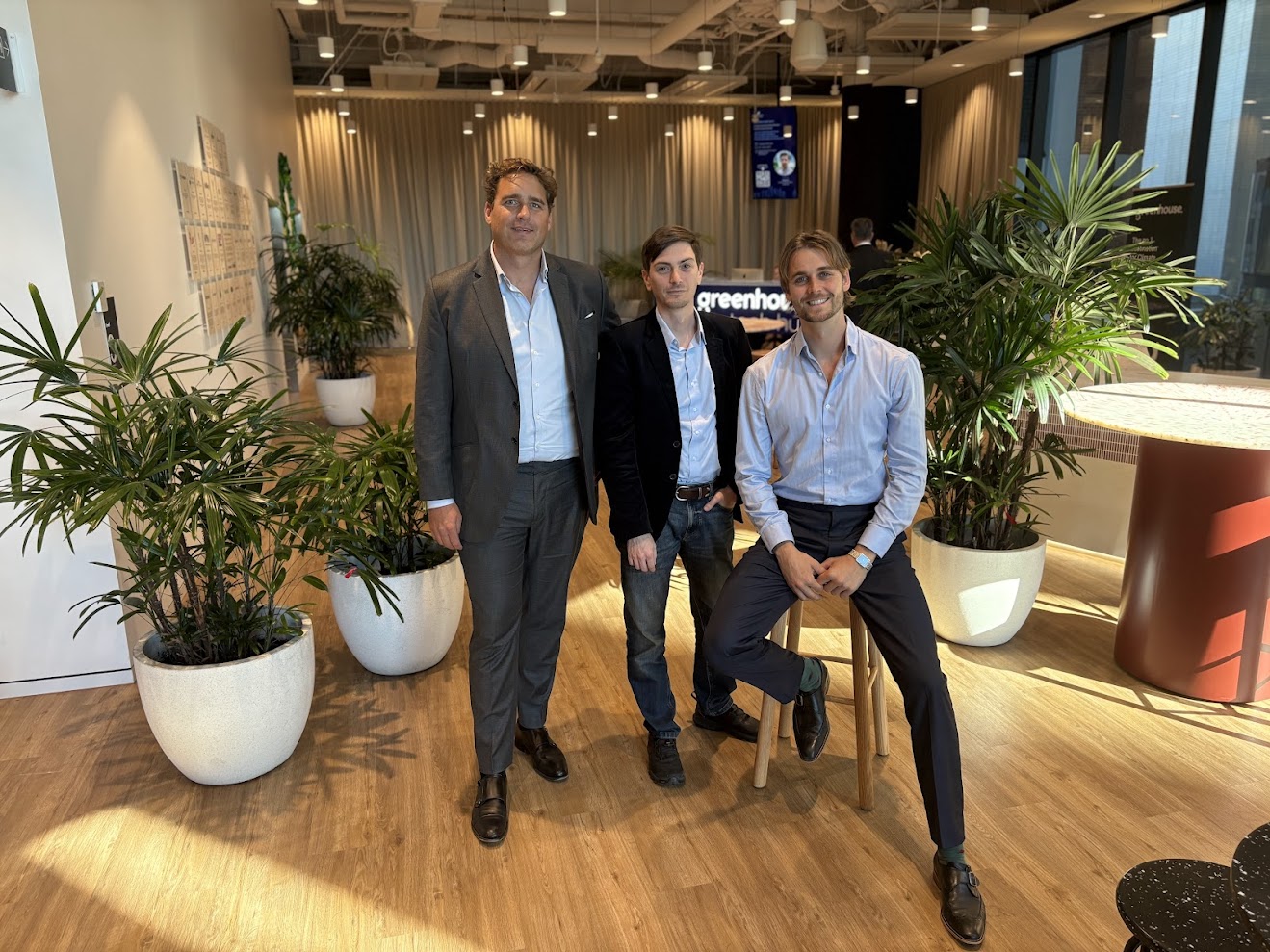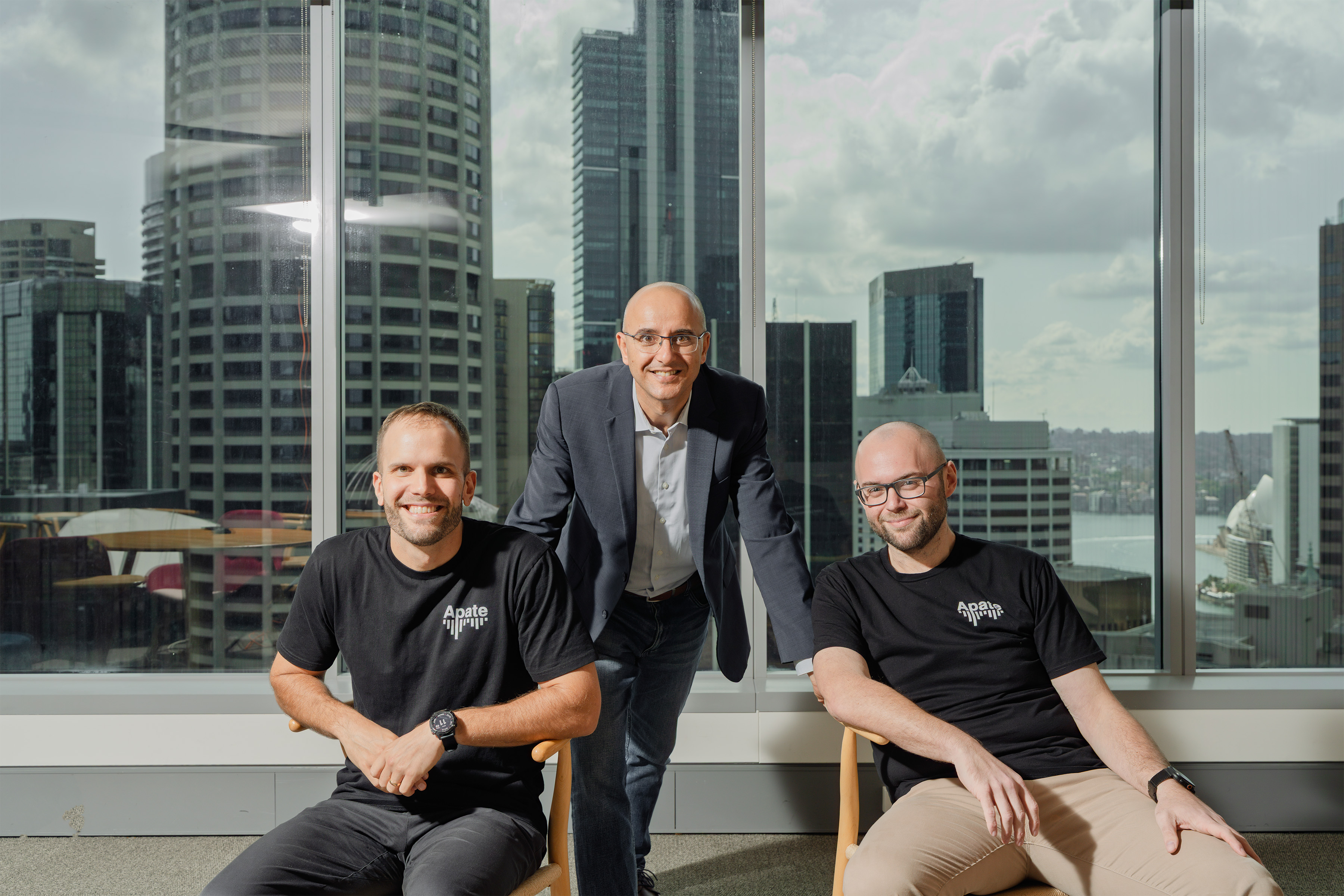
Our continued expansion—and our recently launched Early Stage Fund 2—has brought some wonderful new additions to the Investible family this year. With thousands of pitch decks finding their way into our inbox, it takes a unique blend of technical chops, analytical thinking and wide-ranging interests to fit in. Luckily, that's exactly what we've found.
Joanna Ng joins our early-stage investment team fully focused on sourcing, screening and performing due diligence on startups and investment opportunities from Australia, New Zealand and Southeast Asia. Get to know more about her passions and her experience below.
Tell us about your background
My journey is rooted in a love of all things science and tech. During my PhD in biomedical engineering, I explored how biology could be digitised to inspire the design of woven scaffolds to expedite bone regeneration. We actually came up with the term "biotextilogy" to describe the project.
I had a great time designing, investigating and executing experiments, but ultimately decided to step away from research due to some shortcomings I saw in this space. I realised that academics climb a ladder that eventually leads them further from the lab and more into writing grants.
I believe that if we find more sustainable ways to commercialise research then those who are best placed to carry out deep-tech innovation will be less distracted with financing.
After completing my PhD, I dabbled in startups by volunteering at an IoT startup and freelancing in digital marketing in the Sydney Startup Hub. This was worlds apart to my research experience but it was a first step to bridging tech innovation and capital. I was fortunate to find my way into VC with a position at Right Click Capital where I got my first taste of this exciting world. After a rewarding 18 months, I was introduced to Investible through a friend in the Afterwork community, and here we go!
What excites you about joining Investible?
Investible's investment focus on early-stage startups. I'm always on the lookout for new and upcoming opportunities, so Investible operating in this space is incredibly appealing. Also, with an upcoming Climate Tech fund alongside the announcement of Greenhouse, I am super excited that Investible will be at the forefront of all things green and sustainable!
What do you love most about the startup ecosystem?
The openness to sharing and exploring bold ideas that have the potential to change how we live and do things.
I like to think about what the future might look like, how we're going to get there and what the market trends are pointing towards. There's a conversation I remember having on the train before lockdown. I was chatting with a friend from the VC space (before lockdown) about how in the near future, the world's transactions would be built on blockchain due to the rise of 3rd generation crypto making transactions faster with cheaper gas fees.
Most people on the train might have thought this an irrelevant conversation, but it wasn't for us. What I appreciate is the capacity and willingness of people in the startup ecosystem to engage and embrace these sorts of conversations. Founders and VCs are inherently drawn to the contrarian because that's where we believe the biggest impact will be made.
What's your personal philosophy?
If it's worth doing, it's worth doing better.
I like to keep challenging myself to find ways of doing things "better" and keep growing as a person, whether that's learning new skills, being intellectually challenged, or reflecting on my character development. I just read Your Next Five Moves by Patrick Bet-David, which was personally an uncomfortable read at times but forced me to reflect on my hidden motivators, drivers and pinch points. If anyone has any good book recommendations, please do suggest!
What's something new you've learned recently?
I have a new-found admiration for Paris Hilton. She's the first influencer and the first person to turn her identity into a brand. Individuals are complex and are more than any one thing. So instead of holding her name to a particular product or industry, she's flipped the model and used her identity to leverage being in multiple verticals and 19 product lines encompassing media, social media, real estate, music, beauty and fashion, and now in trading NFTs.
Something about you that might surprise people?
I figured out my own way of solving a rubik's cube. At the time, I was procrastinating writing my PhD thesis and was also too stubborn to look up answers on Youtube. One traditional way is to solve the top, followed by the second layer, then the third layer.
With time and grit, I came up with my own algorithms to land at each of these milestones based on the relative position of each coloured block in the 3x3. This means every time I solve a cube, it's a slightly different order of algorithms depending on the colour patterns. It's not the fastest way, but it works!






